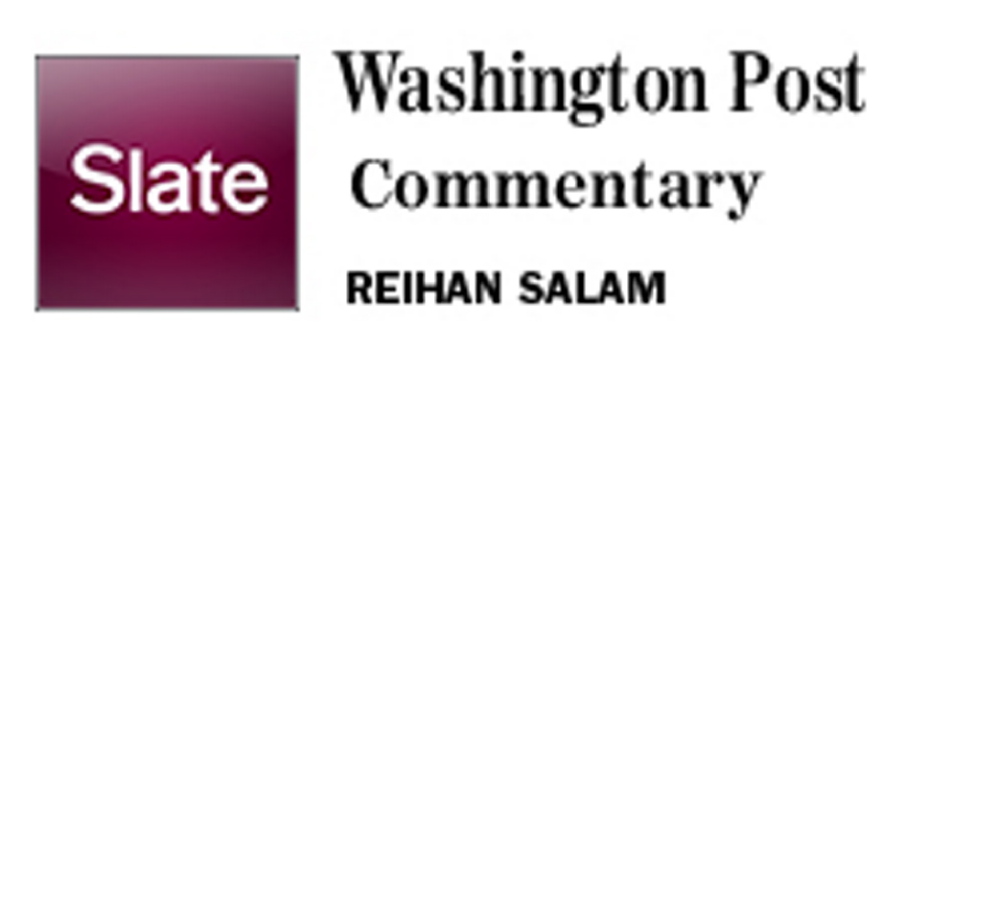If you’ve ever had the distinct displeasure of calling a customer service hotline, you’ve probably heard a soothing voice tell you that “this call may be monitored for quality assurance purposes.”
It can be comforting to know that there is, in theory, at least, someone out there monitoring customer service representatives who make life more difficult rather than less. Customer service representatives dealing with abusive customers take comfort, too, as this kind of monitoring can shield them from false accusations of bad behavior. By reviewing recordings of calls gone wrong and calls gone right, meanwhile, trainees can learn from the sometimes trying experiences of others.
Thankfully, the stakes of customer service interactions tend to be pretty low. The same can’t be said about interactions between armed police officers and civilians, which can be a matter of life and death. The turmoil in Ferguson, Mo., vividly reminds us that while most of these interactions go smoothly, far too many of them spiral out of control. We know little about the exact circumstances surrounding the shooting death of 18-year-old Michael Brown. But had the police officer who shot and killed Brown been obligated to wear a video recording device, there is at least some reason to believe that Brown would still be alive.
Over the past few years, the idea of requiring that police officers make use of so-called “body cams” has gained currency. Note that this is quite different from simply allowing civilians to record on-duty police officers, a right that shouldn’t even be in dispute. Instead of waiting for a world in which every civilian records every encounter with the police, at least some students of law enforcement argued that police forces themselves should move in this direction.
Last fall, Guardian correspondent Rory Carroll reported on the small southern California city of Rialto, where the local police department has affixed small body cams to all of its officers. The results were dramatic. Carroll cites a jaw-dropping study, which found that in the year following the introduction of the body cams in February 2012, public complaints fell by 88 percent while officers’ use of force fell by 60 percent.
The success of the Rialto experiment makes intuitive sense. When we know that we are being observed, it affects our behavior in many ways. We become more aware of how others might judge our behavior, so we feel a not-so-subtle pressure to act in socially acceptable, rule-following ways. Moreover, the existence of a video recording allows police officers to revisit exactly how they performed in high-pressure situations.
Our capacity to remember past events is notoriously faulty. There is a universal human tendency to fixate on some things while neglecting others. Video recordings can help correct for these deficiencies. In instances where something does go wrong — due to malice on the part of the police, a civilian or something else entirely — the video provides a record that can help investigators sort out how things really came unstuck. In politically sensitive cases, in which all sides fear getting railroaded, a black box of this kind would be a godsend.
Granted, Rialto is not a major metropolis, and some will no doubt dismiss the success of its body cam initiative as a fluke, or one not easily repeatable in a big, bustling city. Even Bill de Blasio, the New York City mayor who came to office on the strength of his opposition to heavy-handed stop-and-frisk policing, has hesitated to require that NYPD officers wear body cams, insisting that “it’s not something that has been perfected yet.” The American Civil Liberties Union, however, has endorsed the idea, giving it much-needed liberal street cred. And now the Brown shooting has led a cavalcade of commentators, mostly but not exclusively on the left, to speak out in favor of the idea. Given time, it’s easy to imagine body cams becoming standard-issue for police officers in the near future.
Some readers will surely be offended by the idea of video recording cops. You might even invoke the specter of mass surveillance or the spread of CCTV cameras, or some other outrage. I see things differently. Privacy is a wonderful thing, but on-duty police officers are not in fact private citizens living their lives as they choose. They are public servants charged with, well, serving the public.
Video recording is nothing more and nothing less than a tool for accountability. Those who use their power responsibly and who make a good-faith effort to do their jobs well have much to gain from video recording. Those who abuse their power and who otherwise cut corners will either have to shape up or answer for their actions.
If you come across an argument against video recording that doesn’t sound like an attempt to avoid accountability, fill me in.
Reihan Salam, a Slate columnist, also writes for the National Review. This column appeared on Slate.com, an online current affairs and culture magazine owned by The Washington Post.
Send questions/comments to the editors.



Success. Please wait for the page to reload. If the page does not reload within 5 seconds, please refresh the page.
Enter your email and password to access comments.
Hi, to comment on stories you must . This profile is in addition to your subscription and website login.
Already have a commenting profile? .
Invalid username/password.
Please check your email to confirm and complete your registration.
Only subscribers are eligible to post comments. Please subscribe or login first for digital access. Here’s why.
Use the form below to reset your password. When you've submitted your account email, we will send an email with a reset code.